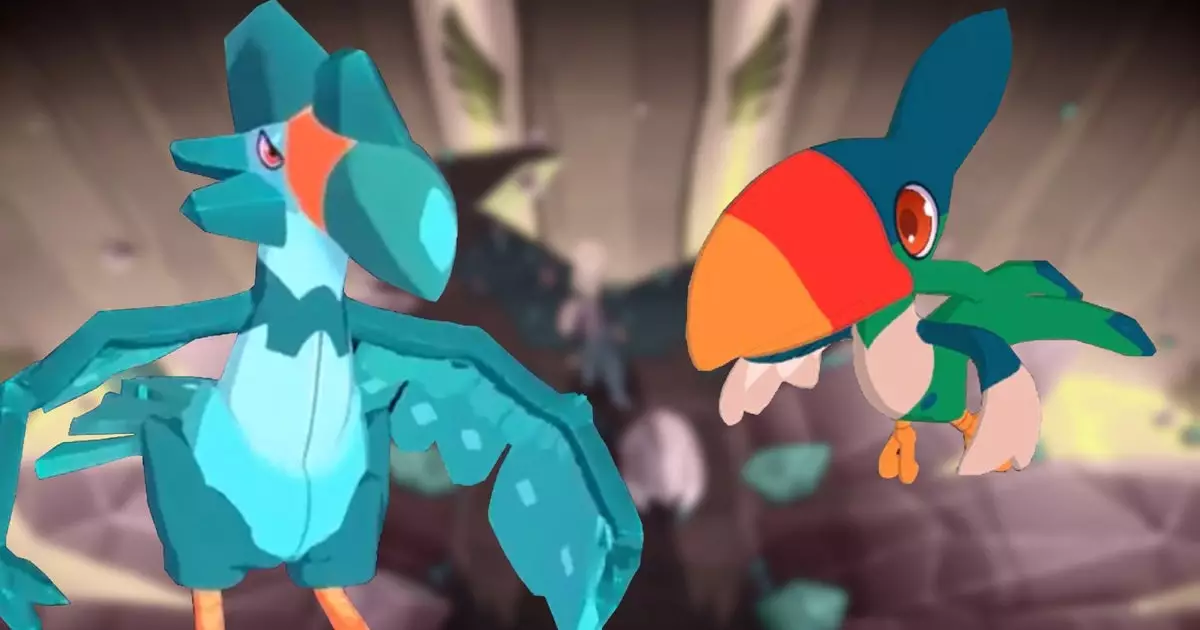In July, the indie gaming world was rocked by the sudden layoffs of 36 employees from Humble Games, a division of Ziff Davis. The parent company cited “challenging economic times for indie game publishing” as the driving force behind this drastic measure. This move sent shockwaves through the indie community, particularly given the significant role Humble Games had played in fostering innovative titles and providing fledgling developers with a platform to showcase their creativity. The gaming ecosystem thrives on collaboration and support, and the dissolution of a key player inevitably raised concerns about the future of indie projects previously in the works.
In the midst of this turmoil, Alan Patmore, the former general manager of Humble Games, along with Mark Nash, the global publishing VP, has launched Good Games Group (GGG). This new indie publishing venture aims to rekindle partnerships with game developers that they previously collaborated with at Humble. By reaching out to the same talent pool, they hope to not only preserve existing relationships but also harness the collective experience gained over their years at Humble. The mission articulated on their website emphasizes a commitment to supporting innovative indie projects while carving out a new path forward in a challenging market. By fostering these connections, GGG reflects a resiliency that showcases the unwavering spirit of the indie game community.
While GGG steps into the light, it also maintains a link to the legacy of Humble, collaborating once more with Ziff Davis. Their partnership aims to provide continued support for previously released titles from Humble, ensuring that developers won’t be left stranded in the aftermath of the layoffs. This strategic alliance highlights the complex grid of relationships within the gaming industry, where partnerships are crucial for navigating uncertain waters. However, skepticism lingers over Humble’s prior restructuring, which included attempts to sell off the publishing wing—efforts that reportedly yielded no viable buyers.
As the echoes of Humble’s tumultuous restructuring reverberate, developers have expressed their heartfelt concerns regarding the fate of their creative ventures. Following the layoffs, many voiced their dismay and solidarity for the affected team members, emphasizing the personal and professional toll that sudden cutbacks can impose. Developers like those behind Signalis candidly expressed their devastation while simultaneously wishing the laid-off colleagues well in their future endeavors. This community-driven response showcases the interconnectedness of indie game developers and the collective disappointment felt after a significant partner’s withdrawal.
Undoubtedly, the indie publishing landscape faces significant obstacles as it grapples with market volatility and shifting consumer preferences. However, the arrival of Good Games Group lends some hope and optimism for the future. The resilience demonstrated by Patmore and Nash is a testament to the enduring spirit of indie development. As they embark on this new venture, they not only signal a potential rebirth for their previous partnerships, but they also encourage other aspiring publishers and developers to pursue innovative collaborations.
While the specter of uncertainty looms, Good Games Group appears poised to maintain a steady course that champions creativity and offers fresh opportunities for indie developers. It remains to be seen how they will navigate the inherent challenges, but their commitment to uplifting the indie community could serve as a beacon of hope in a landscape riddled with unpredictability. The gaming industry is ever-evolving, and with it comes the potential for rejuvenation and new beginnings.


Leave a Reply